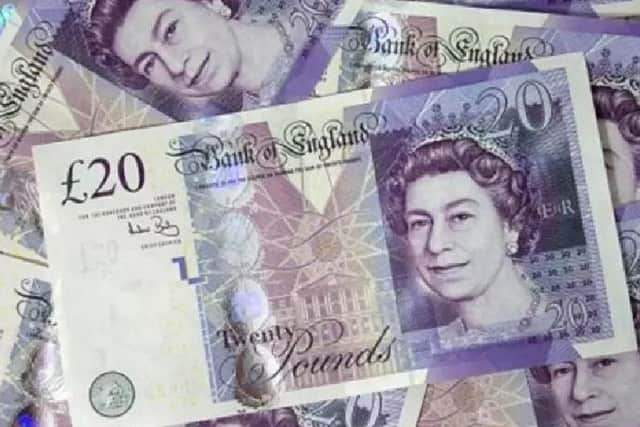Bedfordshire councils 'benefited more from emergency coronavirus cash than initial funding'
and live on Freeview channel 276
Research by the BBC’s shared data unit found that many of these councils, including the three in Bedfordshire, were short-changed in the first round of financial support from the treasury.
The BBC team has worked out how much the money amounts to per resident, and it varies from £43 to £73 per person.
Advertisement
Advertisement
Figures for Luton Borough Council show it received £11,258,007 overall, with roughly £5.4m initially and then £5.8m.


With a population of 214,109 this works out at £52.58 per person.
Central Bedfordshire Council was allocated £13,524,342 with about £5.5m followed up by £7.9m.
With its population of 283,606 it equates to £47.69 a head.
And Bedford Borough Council was granted £8,945,733, with around £4.1m and then £4.7m from its two handouts.
Advertisement
Advertisement
Based on its population of 171,623 this means £52.12 per person.
Of other neighbouring authorities, Milton Keynes received £13,504,845 at £50.28 a head, Hertfordshire County Council £60,130,286 at £50.77 and Buckinghamshire County Council £25,586,911 at £47.38.
The overall allocations were virtually identical, with £1.6bn of extra funding for local government announced on March 19.
A further £1.6bn was revealed on April 18 and is expected to reach council coffers this month.
Advertisement
Advertisement
This second support package was to help local authorities respond to pandemic pressures across all the services they deliver.
The BBC compared the total allocation for each council to its population and the amounts range from £43.38 to £72.84 per person.
From the first £1.6bn the district and unitary share was about £10m, the research revealed, where as under the second wave it rose sharply to around £214m.
David Phillips, from the independent Institute for Fiscal Studies, said: “District councils are particularly reliant on the income they can receive from fees and charges for services, such as parking or leisure.
Advertisement
Advertisement
“That makes them much more exposed to the effects of the lockdown.”
The total support is about £57 per person when district and county councils are combined, based on the analysis by the BBC.
Fire authorities and police and fire commissioners have been excluded from the research.
But, between them, these 30 authorities have received £35m from the two rounds.
Advertisement
Advertisement
Councils have not been restricted in how they spend the money.
Most have so far been using it to cover adult social care, helping homeless people off the street, shielding vulnerable people and children’s services.
A Local Government Association spokesman said: “Government will need to provide ongoing and consistent funding to meet all the extra costs local authorities are facing.
“This is because of the added demands created by COVID-19, as well as delivering ‘business as usual’ services.”
Advertisement
Advertisement
Councillor John Fuller, who chairs the District Councils’ Network, said: “We are pleased government has listened to districts and acted on our call for vital extra funding.
“This is so we can continue to fight coronavirus, reduce homelessness, protect the vulnerable and collect waste.
“This shows government recognises the incredible work of districts in supporting every family and business, and the pivotal role they can play combating this virus and leading the local recovery in every street.
“Now is the time for the whole of local government to come together to drive the economy and help people get through this crisis.”